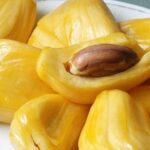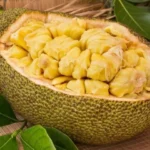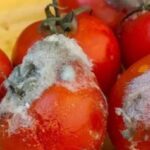Vegetables and fruits that are prone to high pesticide residue
Tomatoes
Tomatoes are a vine crop that is susceptible to insect and disease attacks, so growers often have to spray a lot of pesticides. Therefore, it tops the list of vegetables that are likely to have pesticide residues. In addition, to make tomatoes ripen evenly and look attractive, growers often use fruit-ripening chemicals. Therefore, it is safer to choose unripe green tomatoes and let them ripen gradually for domestic use.
Naturally ripened tomatoes are usually red, with plump skin, and if you look closely, you can see a milky substance in the flesh through the skin. Ripe tomatoes on the vine tend to feel slightly soft to the touch. When cut open, the seeds are white or yellow, not green, and the flesh is also red, soft, and powdery.
Tomatoes ripened with chemicals tend to be hard, less fragrant, and not deep red. When cooked, they take a long time to soften, and even then, they produce little powder and have a pale red color. Toxic tomatoes are always large, shiny, and stemless due to the use of preservatives.
If stored in the refrigerator, fresh tomatoes without chemicals can last up to a week, while chemically treated tomatoes can last for a month without wilting or rotting.
Jackfruit
Jackfruit is a popular tropical fruit loved for its delicious and appealing flavor. In the North, jackfruit season usually falls in the summer. However, some varieties are now available year-round to meet consumer demand.
To ripen jackfruit, people usually pound a stake, apply lime to the stem end, or let the jackfruit ripen on the tree. However, some sellers want the jackfruit to ripen quickly, so they inject chemicals directly into the unripe fruit. After injecting the chemicals, the jackfruit can ripen within a day.
To choose a naturally ripened jackfruit free of chemicals, consider the following when shopping:
Observe the sap of the jackfruit: Naturally ripened jackfruit produces less sap, and the sap is not white. Jackfruit injected with chemicals will have white streaks of sap coming from the flesh, due to the effect of the chemicals.
Tap the jackfruit: Lift the jackfruit and notice its weight. Tap the shell lightly or snap it with your fingers; if it sounds hollow, the jackfruit is ripe and delicious.
Jackfruit is a popular fruit, but it can also contain harmful substances. It takes less than 12 hours for the fruit to ripen after injecting chemicals. Just mix a bottle of chemicals with 500 ml of water, use an iron rod to pierce holes in the jackfruit, pour in the chemical mixture, and even the greenest jackfruit will turn golden yellow, but it will be filled with harmful substances that pose a health risk to consumers.
Strawberries
Most strawberry growers use methyl bromide, a harmful chemical that depletes the ozone layer, to eliminate fungi. They look plump and delicious, but in the production process, a lot of pesticides are used because this fruit is very susceptible to insect attacks.
Some useful tips for choosing safe vegetables and fruits
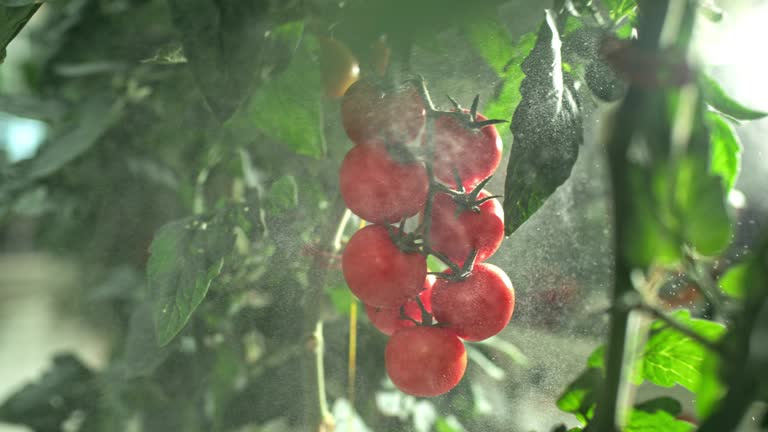
– Choose fresh vegetables and fruits with no scratches, a normal outer shape, natural color, crisp texture, and heavy feel.
– Avoid wilted, bruised, or contaminated produce.
– Some fruits may look fresh on the outside but are rotten on the inside due to the use of preservatives, so check carefully before buying.
– Avoid buying pre-peeled and pre-cut vegetables and fruits soaked in water at the market, as the soaking water may not be hygienic or may contain harmful chemicals to keep them white and crisp, and vitamins like vitamin C can dissolve and be lost in the soaking water.
– During the dry season, pesticide residues tend to be higher than in the rainy season because rainwater washes away some of the pesticide residues on the produce.
– Vegetables and fruits that need to be peeled before consumption are usually safer, such as squash, gourd, cucumber, grapes, apples, and plums.
How to process and store vegetables and fruits safely
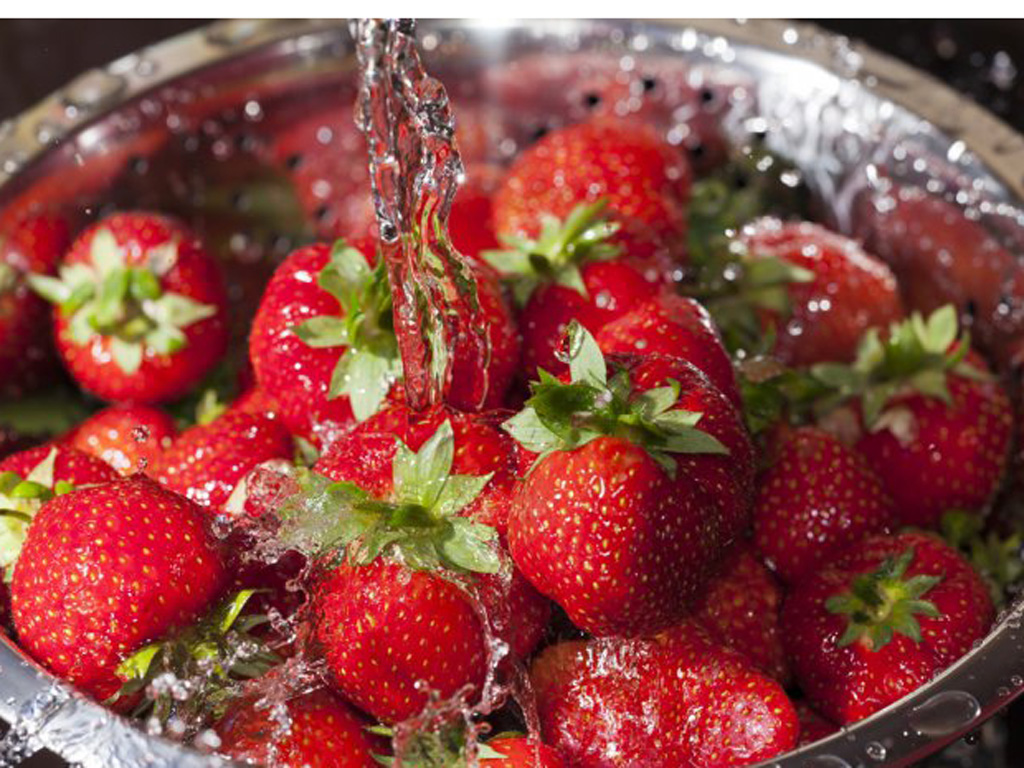
Wash vegetables and fruits before consumption to ensure safety.
– Soak and wash each leaf thoroughly, especially the crevices, and peel fresh fruits. For small leafy vegetables like lettuce, watercress, basil, and broccoli, add 1-2 teaspoons of salt to the water to drive out insects and other creatures. For vegetables, fruits, and root crops, leave them whole, wash them thoroughly, and then peel.
– When buying vegetables and fruits, soak them in clean water for 15-20 minutes and rinse them several times (at least 3-4 times) in a full basin of water to remove most of the pesticide residues and reduce the risk of contamination through washing.
According to Nguoiduatin
The Secret to Choosing Ripe Jackfruit Without Resorting to Artificially Ripened Produce
“Mangoes are a delicious and nutritious fruit, but the harvesting process can be lengthy. Unscrupulous traders, eager to expedite the harvest and maximize profits, have resorted to soaking the fruit in chemicals to induce ripening. This practice alters the natural flavor of the mango and poses health risks to consumers. We will guide you on how to differentiate between naturally ripened mangoes and those treated with chemicals, ensuring you enjoy the fruit’s authentic taste without compromising your well-being.”
The Secret to Spotting Chemically Sprayed Vegetables
Introducing the art of discerning the true nature of vegetables: just because they look good, doesn’t mean they are nutritious and safe to consume. Uncover the secrets to identifying chemical-ridden produce and take control of your health today. Learn how to separate the wheat from the chaff, or rather, the chemical-free greens from the rest. It’s time to become a vegetable connoisseur and ensure a healthier, happier you.
The Magic of Tomatoes: Unveiling the Surprising Benefits of This Humble Fruit
Not many people are aware that rotten tomatoes, despite being unfit for direct consumption, still possess some amazing qualities. Unveiling the 3 amazing uses of rotten tomatoes that will surprise you!

























